Fall 2016
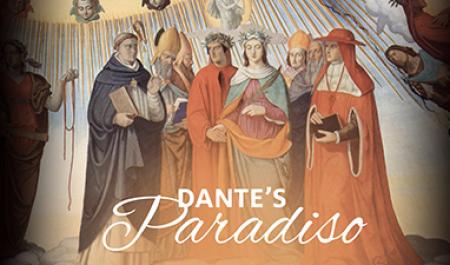
This class deals with the climax of Dante’s Divine Comedy. While Inferno depicts sin and evil, and Purgatorio portrays redemption, Paradiso illustrates the possibility of transcendence. Not only does a blessed soul understand the transcendent universe, but that person also transcends her or his fallen human nature. Using a facing-page translation, in this seminar we […]
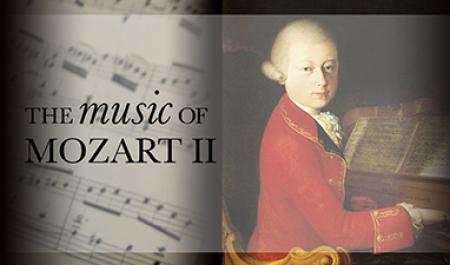
This course continues to survey Wolfgang Amadeus Mozart’s vast musical output from the unique perspective of specialists in the field, all professors at the University of Arizona Fred Fox School of Music. Jay Rosenblatt leads the first session with an overview of Mozart’s life, focusing particularly on the music for, and inspired by, his association […]
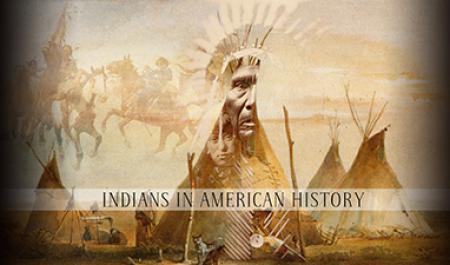
This course traces the often-changing experiences American Indians had from just before the War for Independence to the twentieth century. It will focus on how they dealt with the expanding nation and its pioneer citizens. Their tactics varied from contact, cooperation, and competition to conflict with the newcomers. Major differences in how the two races […]
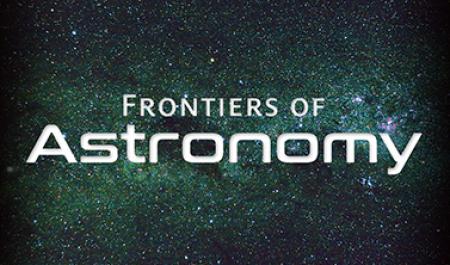
This survey of astronomy begins here on Earth and heads outward to the ends of the observable universe. We will explore the Sun, the Moon, and the most interesting planets in our stellar neighborhood. Comets, asteroids, the Kuiper Belt, and the Oort Cloud are the next topics we will consider as we assess our solar-system […]
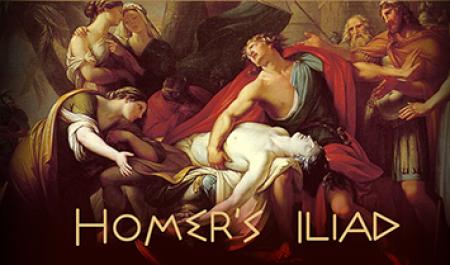
We initiate a year of exploring Homer by reading his scintillating epic poem presenting a few days near the Trojan War’s end: The Iliad. While the poem highlights battle and military matters, human complexities also emerge: conflict between military and domestic realms; women as war prizes or prized family members; the role of gods; concepts […]

This course steps back from polls and punditry to reflect on broader historical developments. It considers women in politics, divisions between rich and poor, and ethnic minorities becoming the new majority. To deepen our analyses, we will consider writings on politics and ethics, including some that shaped the founding of the republic as well as […]
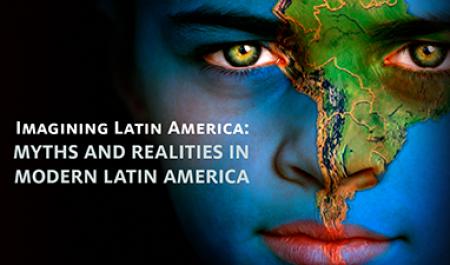
Stereotypes of dictators, machismo, endemic drug violence, and staunch Catholicism are often applied to Latin America. Countries as different as Argentina, Mexico, and Brazil are lumped together despite varying ethnicities and economics. How can we tell the difference between the myths and the realities? How can a little island like Cuba so enrage the United […]
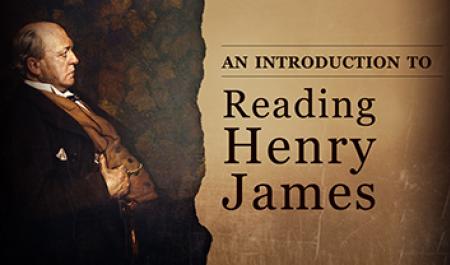
In this class we will begin to see for ourselves what James contributed to the art to which he devoted his entire life. The course will include lectures on the history and form of the English and American novel, Henry James’s life and times, selected passages from James’s prefaces to the famous New York edition, […]
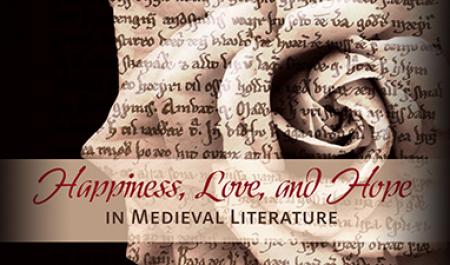
Medieval literature was not simply doom and gloom. It also had a strong sense of hope, happiness, and love, embodied best perhaps in the Holy Grail and courtly love. As in all other literary eras, we can also find many tragic or religious works. But one of the hallmarks of medieval literature, at least in […]
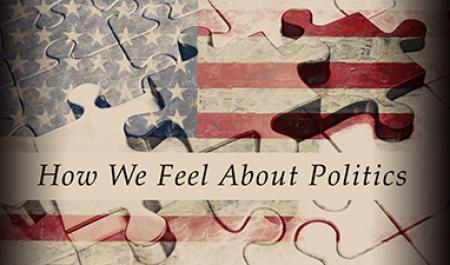
This course steps back from polls and punditry to reflect on broader historical developments. It considers women in politics, divisions between rich and poor, and ethnic minorities becoming the new majority. To deepen our analyses, we will consider writings on politics and ethics, including some that shaped the founding of the republic as well as […]
